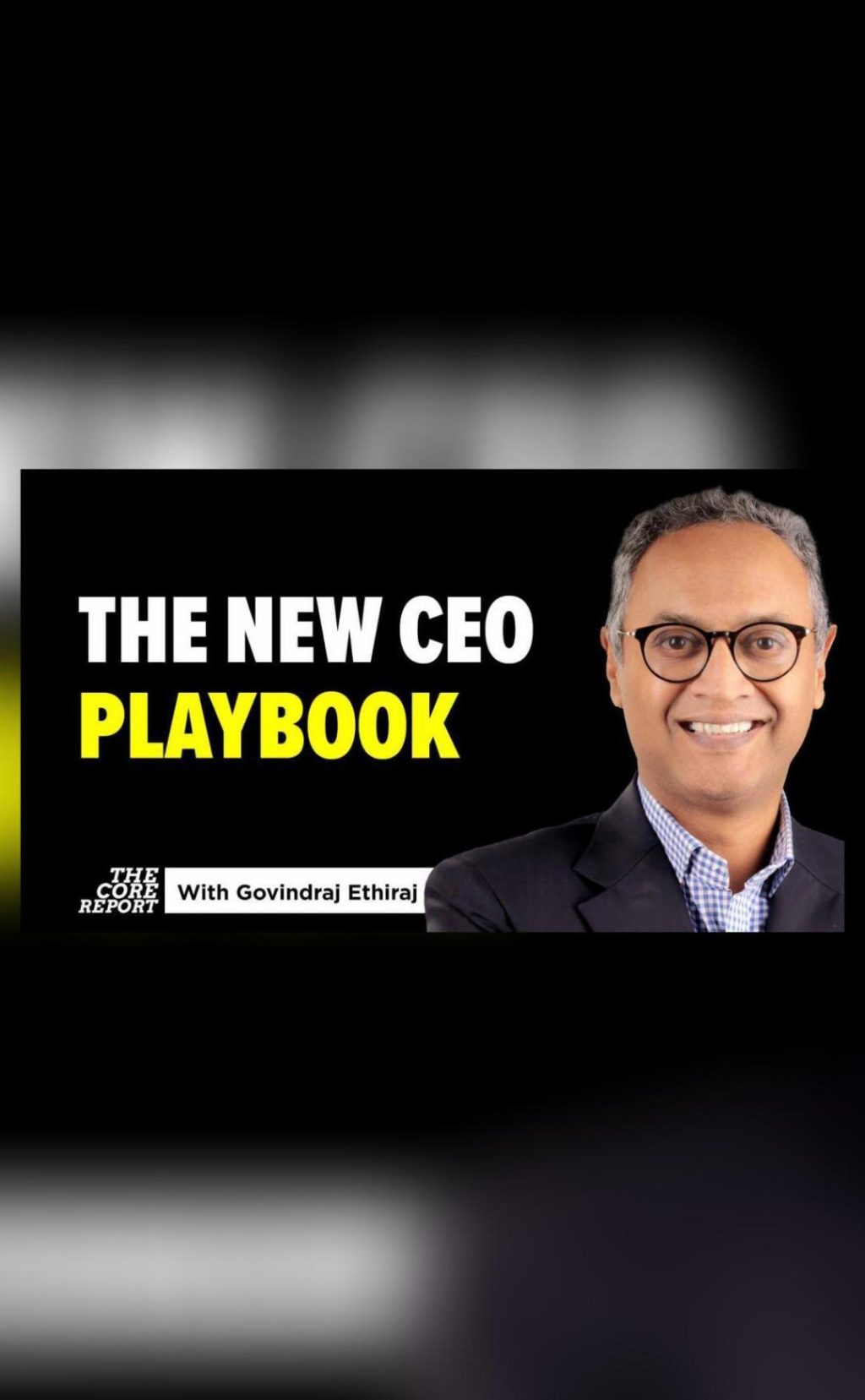
The New CEO Playbook: AI Pressures & Global Tariff Shocks
As the world becomes increasingly interconnected, global CEOs are facing unprecedented challenges that require a fundamental shift in their business strategies and operations. The rapid advancement of Artificial Intelligence (AI) is reshaping industries, while tariffs and trade policy shifts are disrupting global trade. In this blog post, we’ll explore the pressures and shocks that CEOs are facing and provide insights on how to navigate these turbulent times.
The AI Revolution
AI has been hailed as a game-changer, with the potential to automate processes, enhance customer experiences, and drive innovation. However, the pace of AI adoption is placing significant pressure on CEOs to transform their organizations. According to a McKinsey survey, 72% of executives believe AI will significantly change their business, but only 30% have started to implement AI solutions. This gap highlights the need for CEOs to prioritize AI adoption and integration into their business strategies.
Tariff Shocks
The global trade landscape has become increasingly volatile, with tariffs and trade policy shifts disrupting supply chains and affecting business operations. The US-China trade war, Brexit, and other trade tensions have created uncertainty, making it challenging for CEOs to predict market trends and make informed decisions. According to a PwC survey, 62% of CEOs believe trade tensions will have a significant impact on their business, with 44% expecting a decline in revenue.
The New CEO Playbook
To succeed in this new landscape, CEOs must rethink their strategy and operations. Here are some key takeaways from the new CEO playbook:
- Localize: Companies must localize their operations to adapt to changing trade policies and tariffs. This may involve setting up local production facilities, partnering with local suppliers, or diversifying their global supply chain.
- Adapt: CEOs must be prepared to adapt their business models to respond to shifting market conditions. This may involve new product development, pricing strategies, or marketing campaigns.
- Innovate: AI and innovation are key to driving growth and competitiveness. CEOs must prioritize AI adoption, invest in research and development, and foster a culture of innovation within their organizations.
- Diversify: Diversification is critical in a rapidly changing world. CEOs must identify new markets, customers, and revenue streams to reduce dependence on a single market or product.
- Collaborate: Collaboration is key to navigating the complexities of the global economy. CEOs must build strong relationships with partners, suppliers, and competitors to stay ahead of the curve.
Case Studies
Several companies have successfully navigated the challenges posed by AI and tariff shocks. Here are a few case studies:
- GE Appliances: GE Appliances, a leading appliance manufacturer, has invested heavily in AI to automate its production processes. The company has seen a significant reduction in manufacturing defects and improved product quality.
- Nestle: Nestle, a global food and beverage company, has diversified its product portfolio to reduce dependence on a single market. The company has also invested in local production facilities to adapt to changing trade policies.
- Microsoft: Microsoft, a technology giant, has prioritized innovation and AI adoption to drive growth. The company has developed AI-powered products and services, such as Azure Cognitive Services, to help businesses navigate the digital landscape.
Conclusion
The new CEO playbook requires business leaders to be agile, adaptable, and innovative. As AI reshapes industries and tariff shocks disrupt trade, CEOs must rethink their strategy and operations to stay ahead of the curve. By localizing, adapting, innovating, diversifying, and collaborating, companies can navigate the complexities of the global economy and emerge stronger than ever.
News Source:






